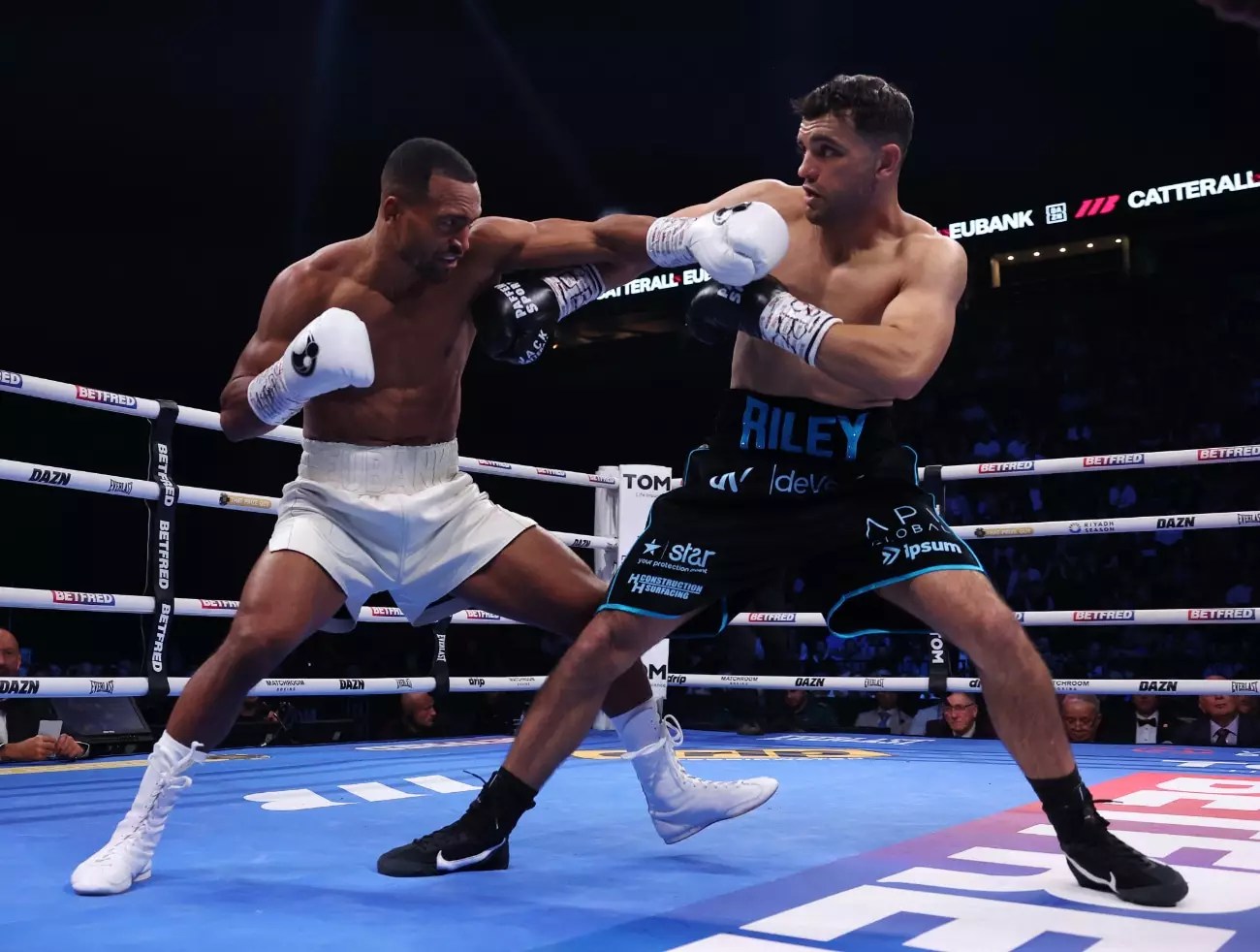Boxing has long been celebrated as a test of physical prowess, technique, and tactical brilliance. Yet, beneath the surface lies a profound battle of mental fortitude that often determines the outcome more than raw power or skill. The recent fight between Jack Catterall and Harlem Eubank underscores this reality vividly. Despite well-laid plans and expectations, the unpredictability of the sport reveals how much mental resilience influences performance. Catterall, stepping into the ring at a new weight class and facing a potentially daunting opponent, found himself grappling not just with Eubank’s punches, but with the psychological challenge of adapting to unfamiliar territory. His struggle to maintain composure, especially after seeing his punches lose power and his rhythm erode, highlights the importance of mental agility. When fighters face mounting setbacks—be it physical fatigue, injury, or the frustration of a match not unfolding as planned—the mind’s resilience becomes the ultimate differentiator between victory and defeat. In boxing, control is a fleeting illusion; what endures is mental strength—the capacity to stay focused, adapt, and persevere despite adversity.
The Significance of Emotional Fortitude Over Raw Power
While knockout power and technical mastery garner the spotlight, it is often the emotional and psychological stamina of fighters that champions them in the long run. Catterall’s performance, marred by a lack of dynamism and a tendency to retreat under pressure, reveals how crucial emotional discipline is in the face of adversity. Many perceive boxing as a sport that rewards aggression or brute strength, but effective fighters are those who can maintain calm under chaos. Eubank’s inconsistent strategy—favoring clinches, missing power shots, and engaging in excessive wrestling—may have been an outward display of frustration or a tactical misjudgment. For Catterall, the challenge was to maintain focus amidst the chaos and disappointment. Moreover, the injury-induced cut, which led to the fight’s abrupt end, symbolizes how external factors can serve as mental hurdles that fighters must learn to navigate. Promoting a resilient mindset becomes vital; it transforms setbacks into opportunities for growth. Champions are crafted in these moments, showing that mental resilience often surpasses physical ability in determining who truly prevails.
The Fragility of Focus and the Myth of “Natural Talent”
The fight also exposes a harsh truth about the myth of innate talent and effortless dominance. Harlem Eubank, despite being unbeaten prior to this bout, failed to capitalize on his natural advantages—power and aggression—due to a lack of strategic discipline and focus. Similarly, Catterall’s performance, with its slow pace and lack of impact, illustrates how focus can be fragile, especially when fighting outside one’s comfort zone. It’s tempting to think that talent alone guarantees success; however, sustained mental discipline and the ability to stay present are what truly differentiate successful fighters from those who fade under pressure. The match made clear that boxing is as much a mental game as it is physical. Fighters must cultivate resilience, patience, and strategic patience, especially when the game deviates from their expectations. The true challenge lies not in the physical exertion but in maintaining mental clarity amidst chaos—an area where many, including the fighters in this bout, fall short.
Strategic Resilience and the Future of Catterall
Looking ahead, Jack Catterall’s victory, though achieved via a technical decision, signals more than just a title win—it highlights the importance of strategic resilience. His promoter’s ambition to position him for a world title shot underscores a belief that mental toughness will be critical in navigating the shallow waters of fringe contenders and rising stars alike. Catterall’s journey illustrates that resilience is not merely bouncing back from setbacks but actively shaping one’s career trajectory through critical mental engagement. The fight’s outcome may have been influenced by injury and tactics, but it also reaffirmed that champions are constructed through persistence, unwavering focus, and the ability to adapt under pressure. The boxing ring’s true power lies in fostering a resilient mindset—not just in surviving blows but in turning adversity into an advantage. Catterall’s continued pursuit of a world title will be a true test of this resilience, and his ability—or inability—to harness mental strength will ultimately define his legacy in the sport.
—
Note: This article critically examines the underlying themes of mental resilience, strategic discipline, and emotional strength within the context of recent boxing bouts, emphasizing that in the sport’s unpredictable environment, psychological toughness often outweighs physical prowess.


Leave a Reply